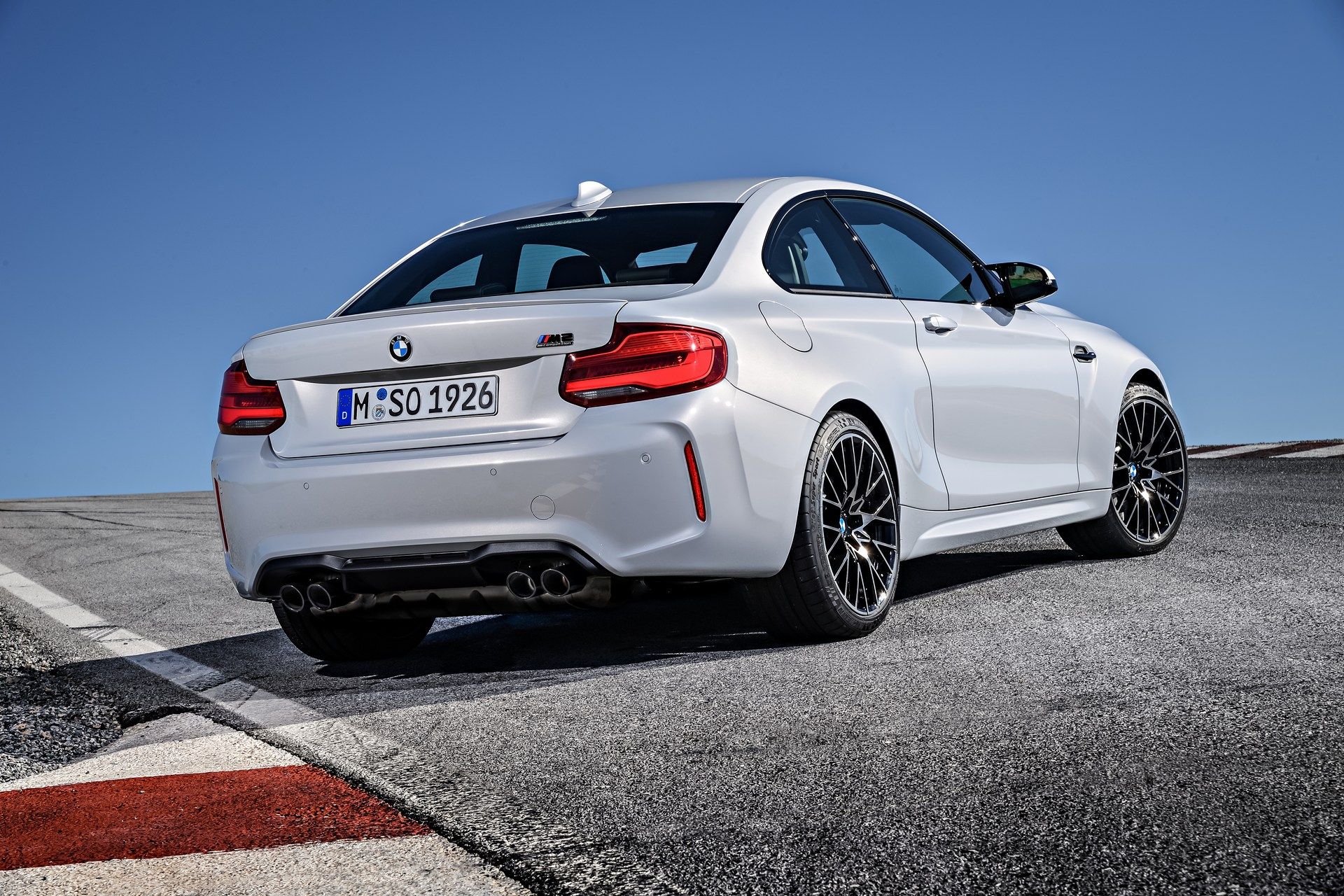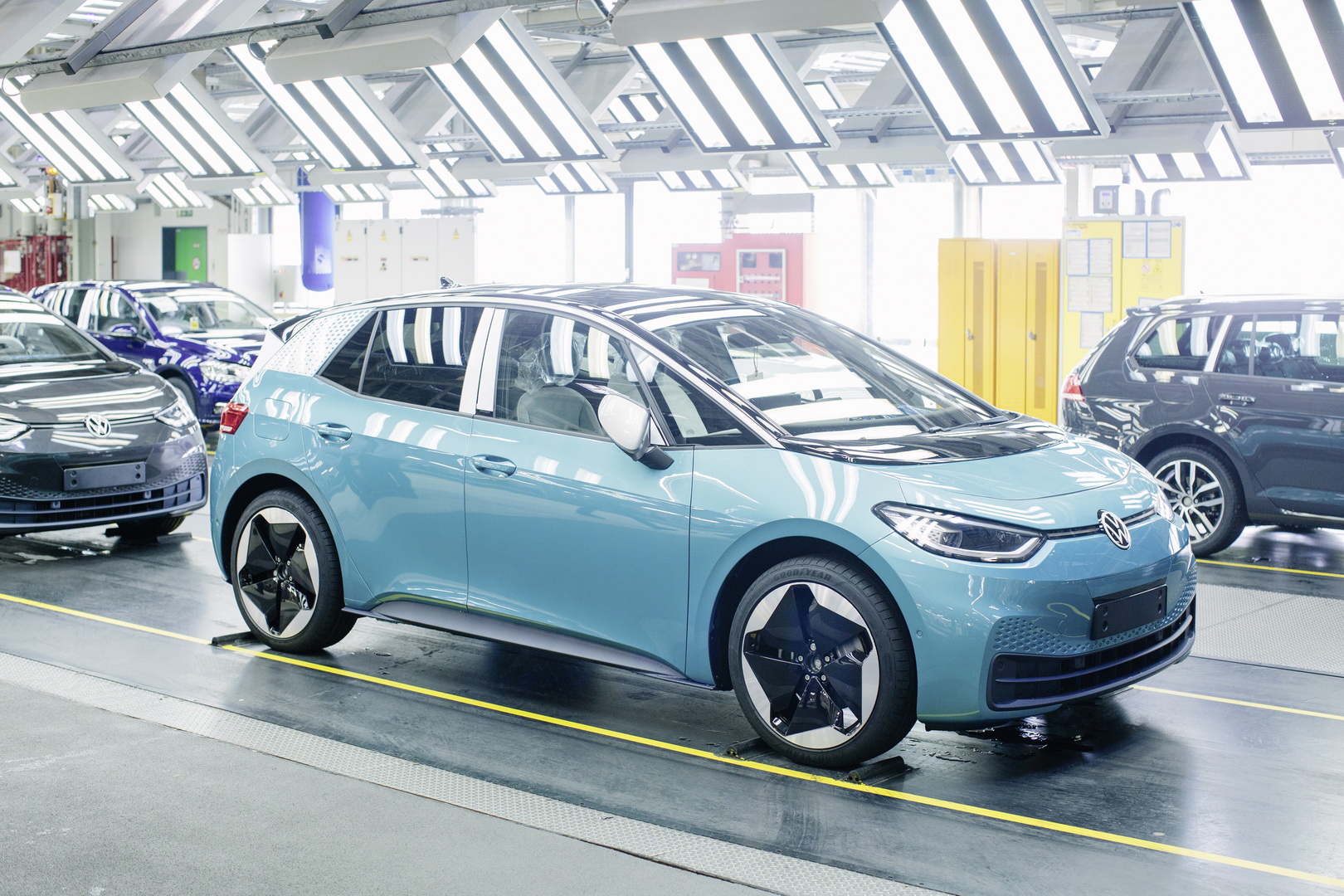A number of German car manufacturers receiving state aid are expected to still pay out their shareholders billions of euros through dividends, DW reports.
The likes of Volkswagen, BMW, and Daimler are receiving state aid in the form of Germany’s short-time work scheme that will allow them to protect jobs and continue to pay employees. Despite this, they are all expected to pay out billions to shareholders at their upcoming Annual General Meetings based on last year’s profits, sparking criticism.
“Those who rely on state aid cannot simultaneously distribute profits to shareholders. This is the ugly face of capitalism,” the chief whip of the SPD, the junior partner in Germany’s ruling grand coalition, Carsten Schneider, said.
Read Also: Mercedes Looking To Simplify Model Range, Will Cut Certain Platforms And Engines
Volkswagen has placed approximately 80,000 employees on short-time work funded by the government and is expected to pay out roughly €3.3 billion ($3.56 billion) in dividends at its AGM which was scheduled for May 7 but has since been postponed.
BMW is in a similar position and has roughly 20,000 employees on short-time work but also intends on paying dividends, saying it is important for investor confidence. “Reliability towards our investors creates trust and maintains the attractiveness of BMW AG as an investment,” the company said.
Daimler has also placed thousands of workers on the state-funded scheme and will also pay its dividends. However, it says the payouts will be reduced significantly from last year. It’s not just automakers adopting this approach. Handelsblatt reports that 75 per cent of the 160 corporations listed on Germany’s stock market want to stick to their dividend plans, even though many are using the short-time work scheme and state aid.





